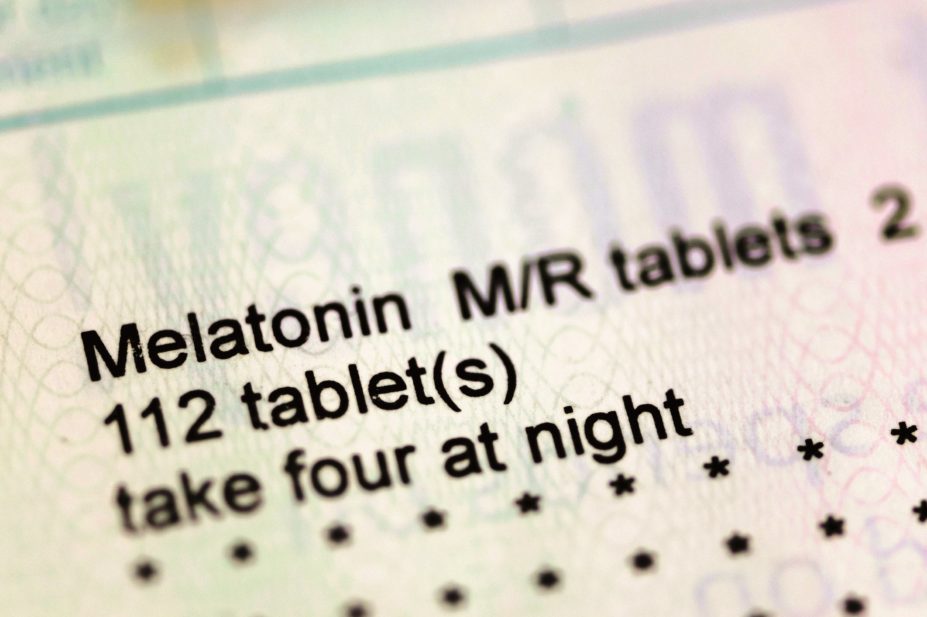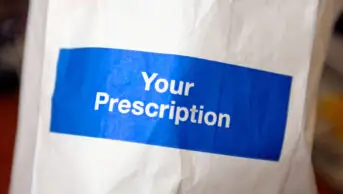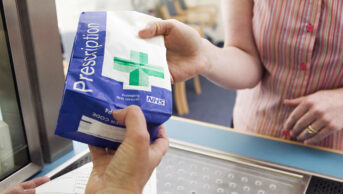
Stephen Barnes / Medical / Alamy Stock Photo
Melatonin for the treatment of jet lag should be added to the list of drugs that should not be paid for by the NHS, an expert drug review published in Drug and Therapeutic Bulletin has concluded.
The review found that, owing to the fact that jet lag is a short-term and self-limiting problem, and there is limited published evidence of the benefit of melatonin on symptoms, it was inappropriate for such a product to be made available through the NHS.
Melatonin is a hormone that is produced naturally by the body during the hours of darkness and is thought to have an essential role in regulating the sleep-wake cycle. It is available in the UK as a prescription-only medicine for treating jet lag, symptoms of which include poor sleep, reduced mental performance, increased tiredness and gastrointestinal disturbances.
According to the review, evidence for the efficacy of melatonin was derived from small studies, published between 1986 and 2005, in which the source and form of melatonin was not always reported.
The review also highlighted that the National Institute for Health and Care Excellence does not recommend the use of melatonin to promote sleep owing to limited and conflicting evidence of benefit.
However, Hugh Selsick, a consultant in sleep medicine and psychiatry at the Insomnia Clinic at University College London Hospital, said the use of melatonin for jet lag was “a surprisingly complex area” depending on several factors, including whether travel was towards the east or west, how many time zones were crossed and how quickly they were crossed.
“Therefore, it is very difficult to make a general statement about the suitability of melatonin for the treatment or prophylaxis of jet lag in general,” he said.
“It may be useful in specific cases as long as the confounders and the particulars of that specific trip are accounted for.
“For example, one might have a lower threshold for treating jet lag in patients with disorders that are very sensitive to temporary sleep loss such as bipolar disorder or epilepsy.”
Selsick added that many GPs were reluctant to prescribe melatonin for conditions such as insomnia, rapid eye movement sleep behaviour disorder and circadian rhythm disorder, so were unlikely to prescribe it for a condition they may not view as essential, such as jet lag.
“What is more common, in my experience, is that the patients simply buy the melatonin in the supermarket at their destination as it is not classed as a drug in many countries.”


